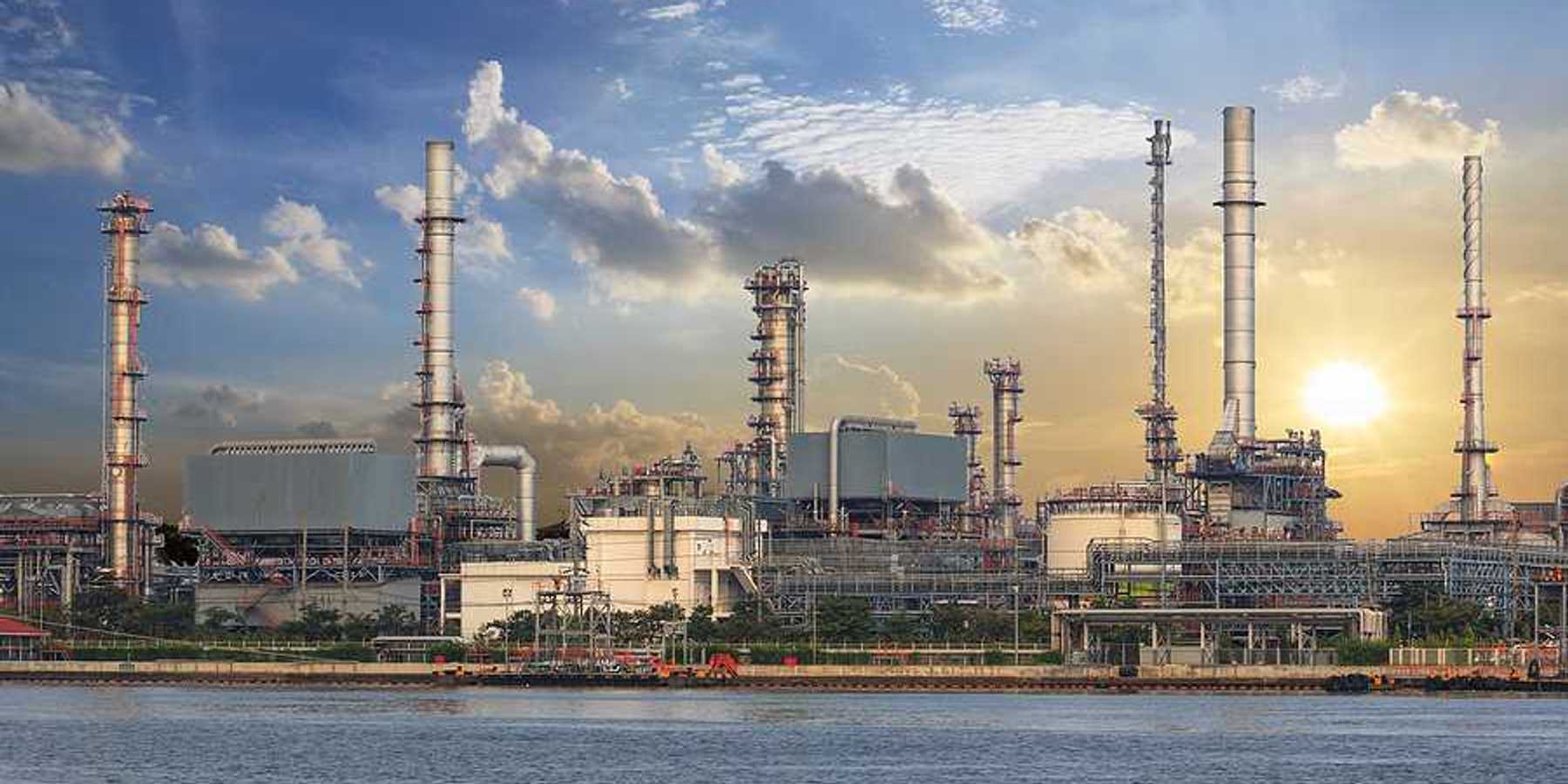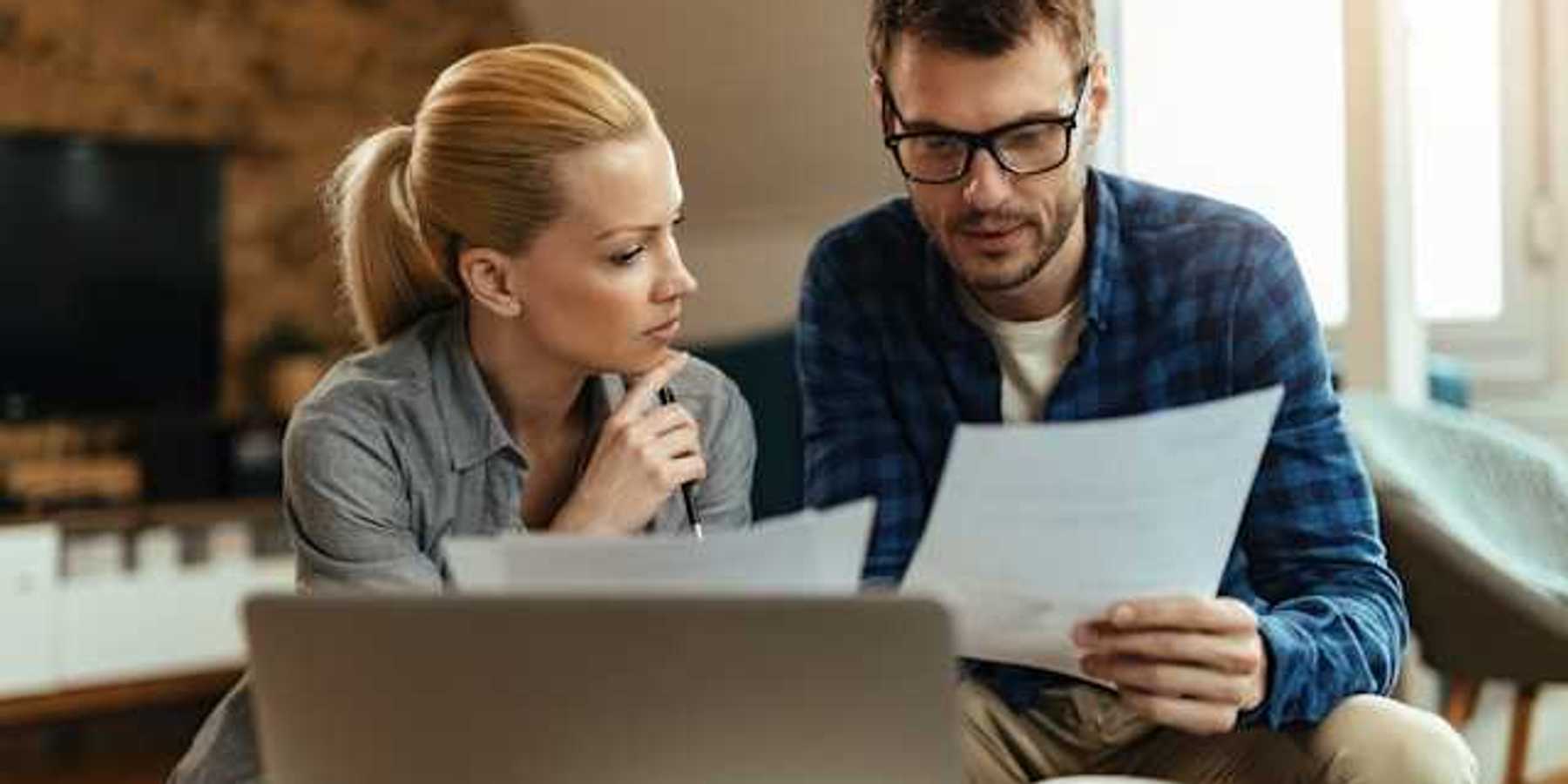Election outcomes won't shift climate goals, Cop29 leader says
At the upcoming UN climate summit, Cop29, the newly elected leaders around the world will be expected to uphold the same stringent climate commitments as their predecessors, emphasizing the universal urgency of addressing global warming.
Fiona Harvey reports for The Guardian.
In short:
- Cop29, slated for November in Azerbaijan, comes after a pivotal election year globally, stressing the continuity of climate obligations regardless of political changes.
- Mukhtar Babayev, the incoming president of Cop29, remains optimistic about maintaining progress on climate objectives, urging for global cooperation and commitment.
- Amidst increasing global temperatures, the summit aims to keep the focus on the crucial 1.5C goal, highlighting the role of both public and private sectors in achieving a green transition.
Key quote:
“I don’t think that any election will change the policy of any countries to move forward the consolidation of these issues [on the climate].”
— Mukhtar Babayev, incoming president of Cop29
Why this matters:
The insistence on holding newly elected governments to their climate commitments reflects the global consensus on the imperative to combat climate change. This stance, especially in a year marked by significant elections and potential political shifts, emphasizes the continuous effort required to achieve and sustain global environmental goals, directly impacting health outcomes by mitigating the effects of climate change.
Be sure to check out EHN’s audio diaries from COP28: Part 1 and Part 2.













